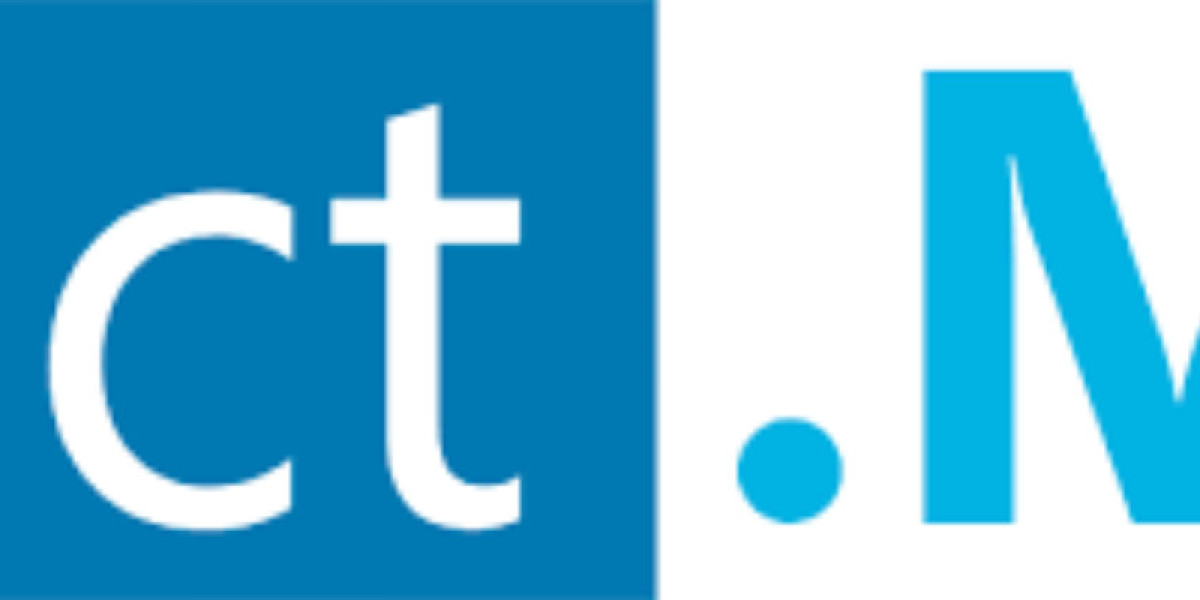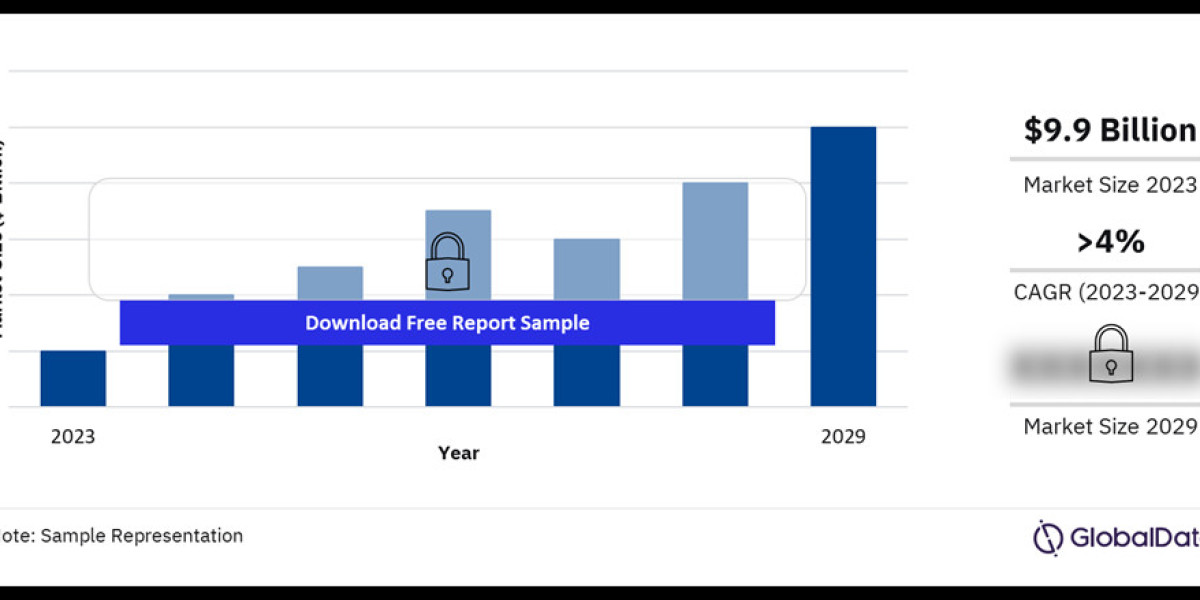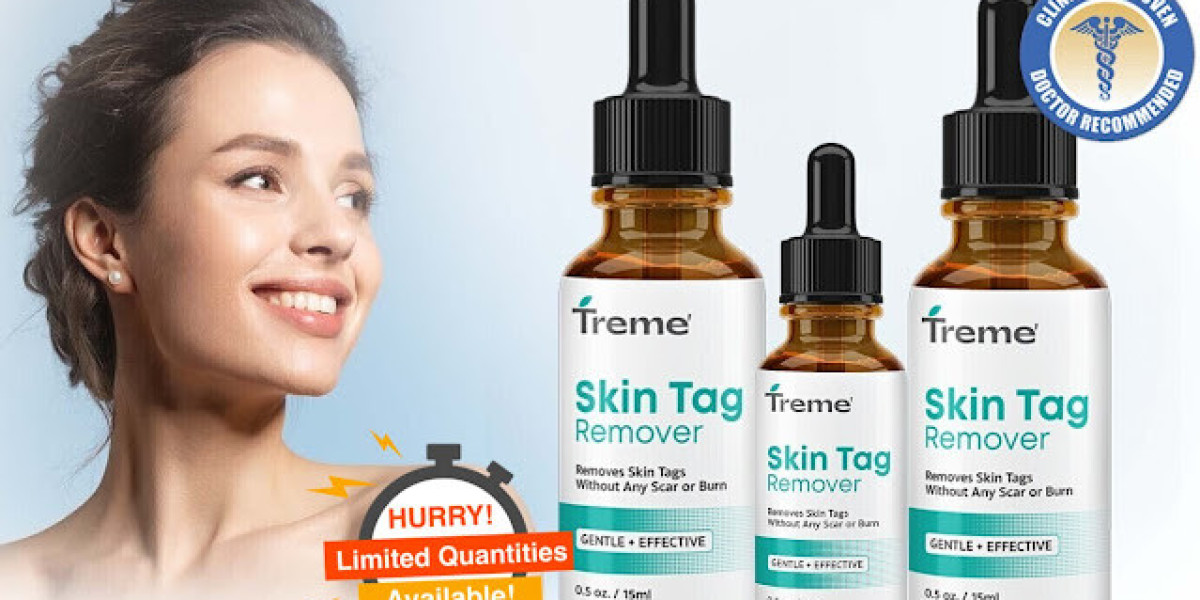The global waterborne polyurethane dispersion market size is estimated to attain a valuation of US$ 1,634.2 million in 2024. During the forecast period 2024 to 2034, sales of polyurethane dispersion are poised to expand at a 5.4% CAGR. By 2034, the market is expected to have grown to a valuation of US$ 2,934.5 million.
The waterborne polyurethane dispersion (WPUD) market has seen significant growth due to increasing environmental concerns and the shift toward eco-friendly alternatives in coatings and adhesives. As industries seek to meet stringent regulations regarding volatile organic compound (VOC) emissions, WPUD emerges as a preferred solution, offering low-VOC content and enhanced performance. The global market is expected to grow substantially over the coming decade, fueled by increased demand in various industries such as automotive, construction, textiles, and packaging.
Market Overview
WPUDs are primarily used in coatings, adhesives, and sealants. These water-based solutions are a response to the growing need for sustainable materials. They have gained popularity for their eco-friendly properties, including reduced solvent content, which is in line with global environmental regulations aimed at minimizing hazardous chemical emissions. The market for WPUD is particularly strong in North America and East Asia, where both regulatory pressures and the shift toward sustainable industrial practices are driving adoption.
The market size is projected to expand from $1.6 billion in 2024 to nearly $3 billion by 2034. This growth reflects a compound annual growth rate (CAGR) of 5.4%, indicating a steady increase in demand across key sectors. Notably, the automotive and textile industries are major contributors to the surge in WPUD usage, as these industries increasingly turn to waterborne technologies to meet sustainability goals.
Key Players in the Market
The WPUD market is highly competitive, with several key players leading the development of innovative products and solutions. Notable companies include BASF, Covestro, Dow Inc., and Huntsman International, among others. These companies have substantial investments in research and development (R&D) to enhance the properties of waterborne polyurethane dispersions, focusing on improving durability, elasticity, and resistance to environmental stress. By leveraging advanced manufacturing techniques and collaborating with other industry players, these companies are positioned to capitalize on the growing demand for eco-friendly materials.
1. BASF has a strong presence in the waterborne polyurethane dispersion market, offering a variety of formulations used in coatings and adhesives. Their focus on sustainability and regulatory compliance has made them a trusted supplier across industries like automotive and construction.
2. Covestro specializes in developing high-performance waterborne polyurethanes with applications in automotive coatings and construction materials. Their products are engineered to offer superior durability while maintaining a commitment to sustainability.
3. Dow Inc. plays a significant role in the WPUD market, providing waterborne polyurethane solutions that cater to the growing demand for eco-friendly alternatives in various industries. Dow's solutions are particularly favored for their versatility in industrial applications.
4. Huntsman International, another key player, has been pivotal in the development of WPUDs that meet the demands of the automotive and textiles industries, focusing on products that offer both environmental benefits and high functional performance.
These industry leaders are continuously innovating and expanding their portfolios to cater to the evolving needs of the market, driving future growth.
Future Opportunities in the Waterborne Polyurethane Dispersion Market
The future of the WPUD market looks promising, with several key opportunities emerging in response to market demands. One of the most notable opportunities lies in the electric vehicle (EV) sector, where WPUDs are being explored for their potential in coatings and adhesives for EV batteries, interiors, and exteriors. As EV production ramps up globally, there is a growing need for materials that support the automotive industry's focus on reducing environmental impact.
In addition to the automotive sector, sustainability-driven innovations in construction and packaging are expected to create substantial growth prospects for WPUDs. Waterborne polyurethanes offer superior properties for coatings and sealants used in eco-friendly building materials and sustainable packaging solutions. The growing trend of green building certifications and the adoption of sustainable practices by construction firms are set to fuel demand for environmentally friendly products like WPUDs.
Another exciting opportunity arises from the textiles and apparel industry, where WPUDs are gaining traction as a more sustainable alternative to solvent-based polyurethane coatings. With increasing consumer demand for eco-friendly and sustainable fashion, manufacturers are turning to WPUDs to create durable, water-resistant, and breathable fabrics without relying on harmful chemicals.
Market Analysis
The WPUD market has witnessed robust demand driven by sustainability goals and stricter environmental regulations across various industries. The market's growth is also underpinned by increasing awareness of the health and safety benefits of waterborne solutions compared to solvent-based products. WPUDs are widely adopted in automotive coatings, textile finishes, adhesives, and industrial coatings, offering several advantages, including low VOC content, non-toxic properties, and excellent adhesion and durability.
Geographically, North America and East Asia remain dominant regions in the WPUD market. North America’s strong regulatory environment, particularly in the United States, has driven the adoption of low-VOC and waterborne technologies. East Asia, particularly China and Japan, has also seen rapid growth, driven by significant industrial output and a growing emphasis on green manufacturing.
However, challenges persist in the market, including the high production costs associated with WPUD formulations. The price disparity between waterborne and solvent-based systems can sometimes deter smaller manufacturers from adopting WPUDs. Additionally, the availability of alternative water-based technologies presents competition to WPUD, requiring constant innovation from key market players to maintain a competitive edge.
Recent Updates and Industry News
In the past year, there have been several notable developments in the waterborne polyurethane dispersion market:
1. Regulatory Changes: As governments around the world continue to impose stricter environmental regulations, the adoption of WPUDs has accelerated. New VOC emissions standards in key regions like the European Union and North America are expected to continue pushing the demand for waterborne solutions.
2. Technological Advancements: Key players like Covestro and BASF have been investing heavily in R&D to develop more efficient WPUDs that meet both performance and sustainability standards. These advancements are expected to enhance the product offerings available to consumers and expand the applications of WPUD in various industries.
3. Sustainability Initiatives: More companies are adopting sustainability goals, and the shift toward sustainable manufacturing processes is expected to boost the demand for WPUDs. The increasing push for eco-friendly building materials and the growing popularity of circular economy models are creating a favorable environment for WPUD adoption in the construction sector.
The waterborne polyurethane dispersion market is poised for significant growth over the next decade, driven by demand for sustainable solutions in automotive, textiles, construction, and packaging. With key players focusing on innovation and responding to stringent environmental regulations, WPUDs are well-positioned to become a preferred choice across multiple industries. As sustainability continues to be a central theme in global manufacturing practices, the WPUD market will likely see further growth, creating abundant opportunities for industry players to expand their product offerings and strengthen their market position.
Read more-
The drum pulper market is estimated to be worth US$ 626.31 million in 2023 and hit US$ 972.64 million by 2033. Over the projection period, the drum pulper industry is expected to grow at a CAGR of 4.5%.
The global remote irrigation controllers market is valued at US$ 702.29 million in 2023 and is expected to reach US$ 2.38 billion by 2033, expanding at a CAGR of 13% over the forecast period (2023 to 2033).
The global water jetting camera market is anticipated to be worth US$ 3.67 billion in 2023 and US$ 6.39 billion by 2033. The market is predicted to increase at a CAGR of 5.7% over the forecast period.
Based on the analysis by Fact.MR, the global radiation-cured products market is estimated to be valued at US$ 2.4 billion in 2023 and it is expected to grow at a CAGR of 6.5% to reach US$ 4.5 billion by the end of 2033.
Based on the analysis by Fact.MR, the global fertilizer fillers market is valued to be US$ 1,117.9 million in 2023 and it is anticipated to grow at a CAGR of 5.0% to reach US$ 1,821.0 million by the end of 2033.
Global sales of bunker rakes are estimated at US$ 156.56 million in 2023 and are predicted to climb to US$ 272.54 million by the end of 2033. The global bunker rakes market is forecasted by Fact.MR to exhibit expansion at 5.7% CAGR over the next ten years.









